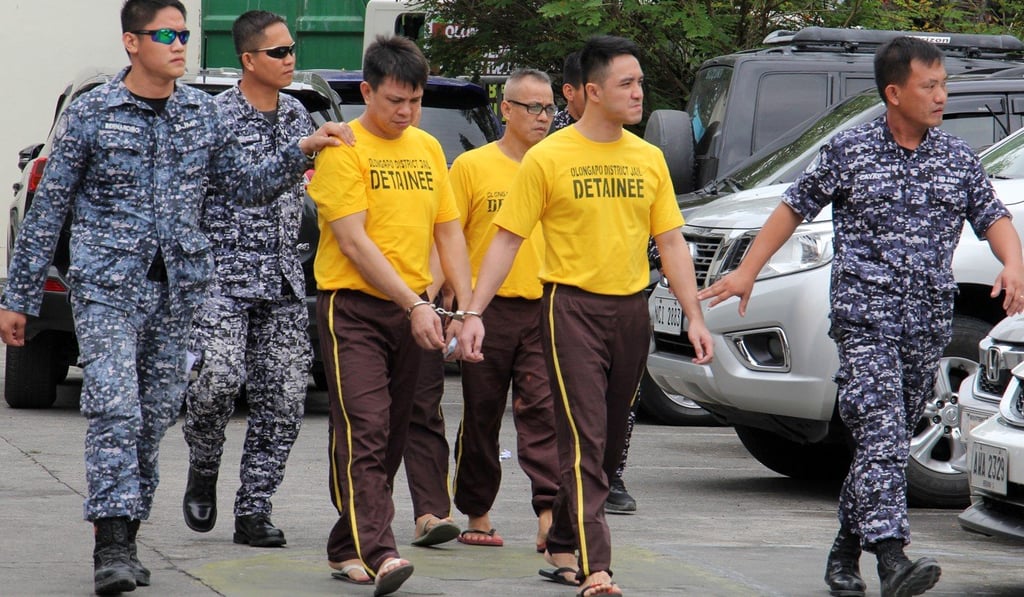Opinion | Hongkongers jailed in the Philippines: what use is democracy when the rule of law is so poor?
- Ho Lok Sang says the Philippines, despite its democratic institutions, ranks far below Hong Kong and China in the Rule of Law Index. Cases involving Hongkongers in Philippine jails should bring home that democracy is not always the answer

The World Justice Project’s Rule of Law Index ranks China 75th among 113 jurisdictions, a grade that includes sub-rankings of 47th for absence of corruption, 57th for civil justice, and 54th for criminal justice. Hong Kong is ranked 16th overall, and comes in 10th, 12th and 16th respectively for the factors that the index is based on.
The United States is 19th overall, with sub-rankings of 19th, 26th and 20th. The World Justice Project is administered by an independent non-profit research team based in the US. Hong Kong’s overall ranking of 16th is unchanged from the previous year. The US has dropped one place. China is up five places.
The mainland is still not doing great, but it is clearly doing better and better. For absence of corruption and criminal justice, it actually ranks above the median. For civil justice, it gets the median score.

